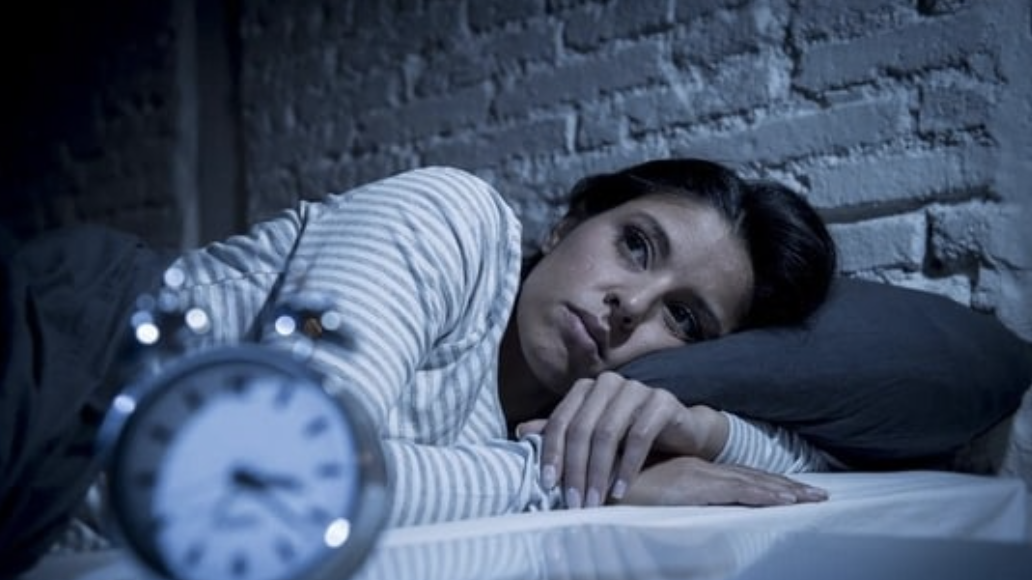Sleep well to look good
A bad nights skin can leave us looking tired but usually after a few good nights sleep things improve and our appearance returns to normal. As a one off, poor sleep can be managed but long-term sleeplessness can have a profoundly negative effect on skin health. Skin issues relating to sleeplessness range from premature ageing to chronic inflammatory skin conditions such as eczema, psoriasis and dermatitis.
The primary reason for this is stress as both the initial cause of the insomnia and the eventual damage to skin tissues. Insufficient or poor quality sleep has been associated with a rise in cortisol levels (the stress hormone) and a decline in melatonin (the sleep hormone) and seratonin (the feel-good hormone).
Insomnia also disrupts the optimal processing of collagen formation, which is essential for skin structure and integrity. The follow on effects from poor collagen formation include the disruption of the acid mantle leading to excessive moisture loss and increased sensitivity and permeability to topical products.
Insomnia leads to heightened skin sensitivity and poor skin elasticity.
Studies have shown that stress-induced insomnia can lead to the following skin issues:
Increased skin permeability leading to heightened skin sensitivity
Immune deregulation which precipitates or aggravates chronic skin conditions
Increased potential of bacterial invasion due to a breakdown in skin membrane integrity
Poor skin elasticity leading to premature ageing
Skin dehydration
To maintain healthy skin, it is recommended you get at least 7 to 8 hours of restful sleep each night.
So what does this mean for those with chronic skin conditions (including premature ageing and chronic skin dehydration)? Assess your sleep patterns. Ask yourself these questions:
Are you getting enough sleep?
Is the sleep you do get good quality sleep?
Do you toss and turn throughout the night?
Do you wake feeling exhausted or tired?
Do you feel chronically tired a lot of the time?
Do you wake in the night and find it difficult to get back to sleep?
Do you have thoughts going around and around in your head at night?
If can answer yes to any of these questions on a regular basis, it may be worth addressing your sleep patterns.
A few simple tips to optimise sleep hygiene:
Set a regular bedtime and stick to it
Avoid stimulating TV shows or reading just before bed
Have a cup of chamomile tea an hour before bed (ensure you have time for it to pass through before you hop into bed!)
Create a pleasant sleep environment e.g. regularly change your bed-sheets and pajamas as there is nothing nicer than hopping into a clean bed.
Listen to a relaxing meditation CD before bed or as you are going to sleep
Add a few drops of quality lavender oil to your pillow slip as it will help to encourage relaxation
Exercise during the day as it will help tire you out physically
Avoid caffeine containing drinks after midday
There are many other tips to help you get a good nights sleep but remember if it is a chronic problem, seek help as there are solutions that don’t involve sleeping tablets. And ideally, deal with the stress (physical, mental or emotional) that is causing the insomnia in the first place.


